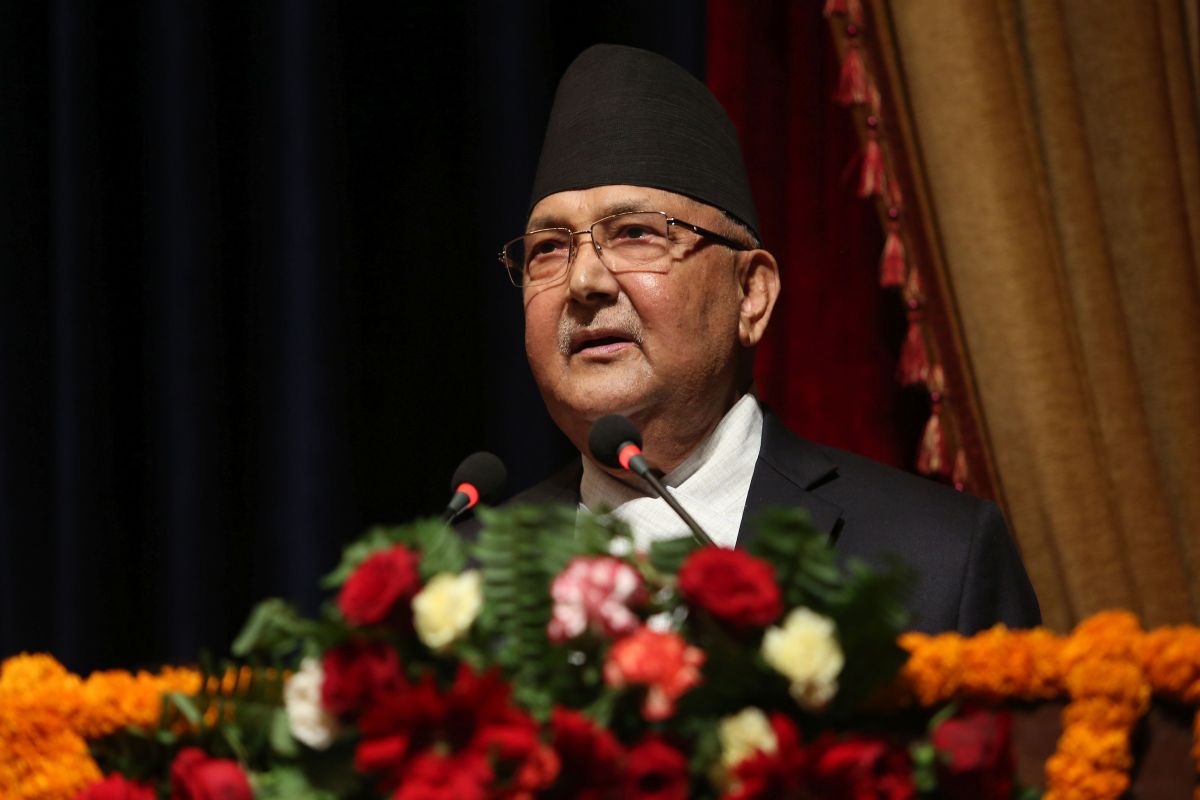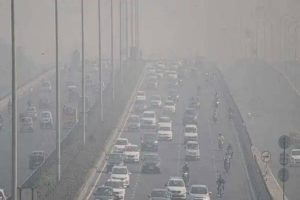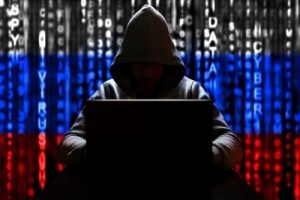Nepal’s Prime Minister, KP Sharma Oli, has suffered yet another setback with Tuesday’s revival of the dissolved House of Representatives by the country’s Supreme Court. It will be recalled that the Prime Minister had dissolved Parliament in December, plunging the country into a severe constitutional crisis.
Two months after the dissolution ~ officially by the President, Bidya Devi Bhandari ~ the judiciary has had its way in the face of the fractious executive, whose unilateral action was embedded in the infighting within the ruling Nepal Communist Party (NCP), most particularly the faction led by Mr Pushpa Kamal Dahal aka Prachanda.
A five-member Constitution bench, headed by the Chief Justice, Cholendra Shumsher, has now annulled the government’s decision to dissolve the 275-member Lower House. Indeed, the tussle for power has impinged on governance in the Himalayan country.
Yet it must be open to question whether the apex judiciary’s action will stave off the constitutional crisis that has been building up since 20 December, let alone lead to the annulment of fresh elections on 30 April and 10 May. Implicit in the court order is the fineprint that has been addressed to the Prime Minister, specifically that the dissolution of the House “has been unconstitutional”.
Nay more, the government has been ordered to summon a session of the House within the next 13 days in an essay towards normalcy. The dissolution of the House, at the behest of Oli, had ignited protests from a substantial section of the NCP, led by Prachanda, who also happens to be a co-chair of the ruling party. As many as 13 writ petitions, including the one by the party’s chief whip, Dev Prasad Gurung, had been filed in the Supreme Court, seeking the restoration of the Lower House of Parliament. In course of the hearing, Oli defended the dissolution of the House, claiming some leaders of his party were trying to form a “parallel government”.
He said he was forced to take the step after his opponents in the ruling party made it difficult for him to function and accomplish various tasks. It is pretty obvious that his submissions did not impress the Bench. The crisis in Nepal has been building up for a while. In January, the faction of the NCP, led by Prachanda, expelled Oli from the general membership of the NCP for alleged anti-party activities.
Earlier, he had been removed from the post of chairman of the ruling party and Madhav Nepal was appointed as second chairman. Prachanda is the first chairman.
The Prachanda-led faction and the main opposition, Nepali Congress, had been opposing the dissolution of the House as “unconstitutional and undemocratic”. The NCP’s ideology has now hit the reefs as has governance in the wider canvas. The Supreme Court has taken care of the constitutional facet as it must.












